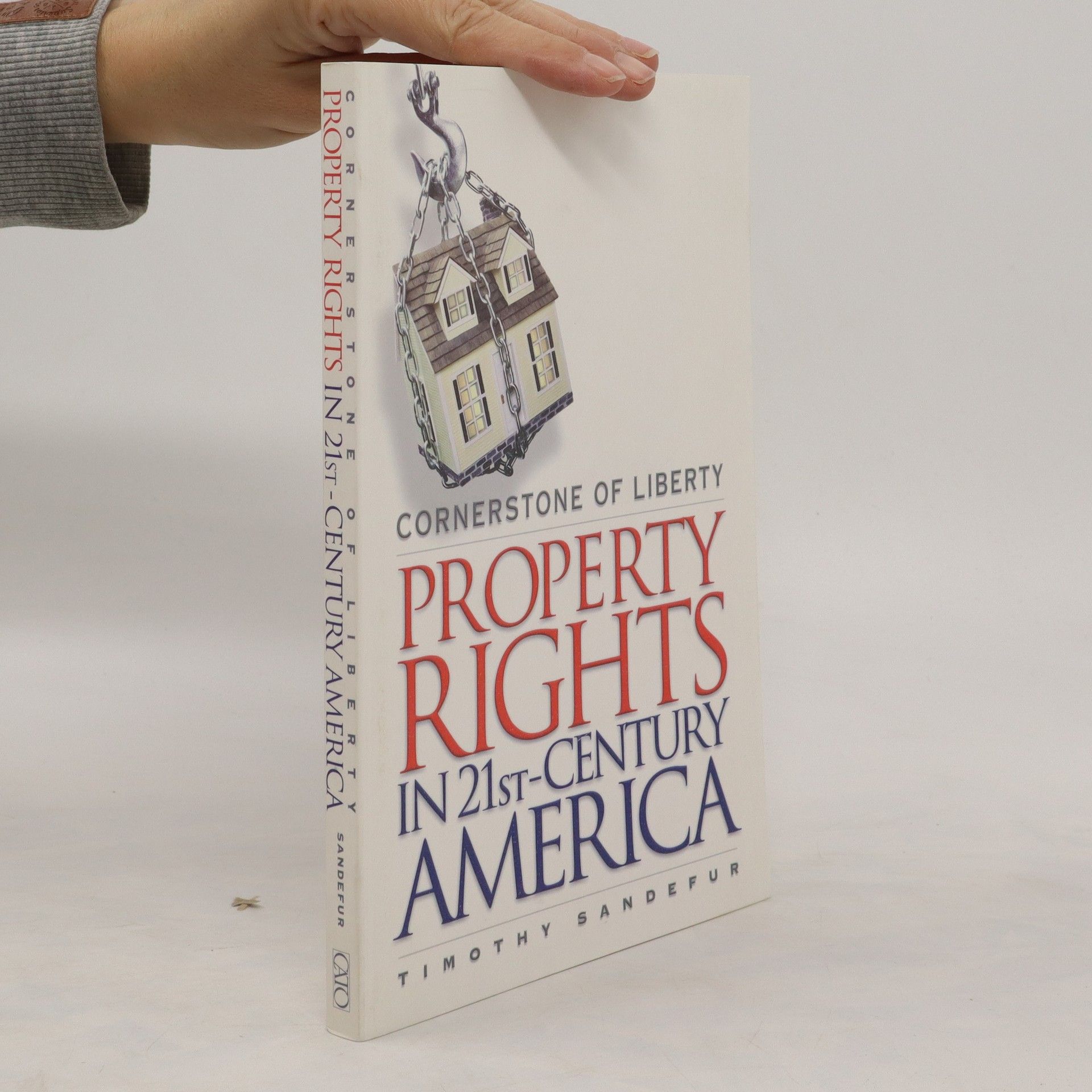Freedom's Furies
How Isabel Paterson, Rose Wilder Lane, and Ayn Rand Found Liberty in an Age of Darkness
- 500 stránek
- 18 hodin čtení
The narrative explores the influential friendships among three groundbreaking American novelists—Isabel Paterson, Rose Wilder Lane, and Ayn Rand—who championed individualism during a time of rising collectivism in the twentieth century. Their relationships and ideas not only shaped their literary works but also played a significant role in transforming American political thought. The book delves into their unique contributions and the impact they had on the cultural landscape of their era.

